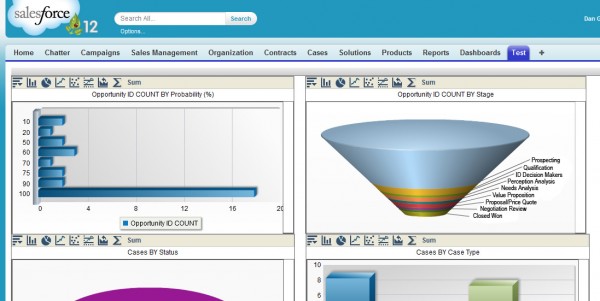
B2B Articles - January 01, 2014
Marketers often use key performance indicators (KPIs) to measure the effectiveness of their efforts. KPIs are metrics that help analyze and report on website and marketing campaign performance. Leads and sales are deep KPIs that also demonstrate a return on investment. When determining whether you should track lead generation versus sales, you will need to understand your sales process to make an appropriate determination.
Not all organizations can use sales as a KPI. Some sales cycles are too complex, interconnected, or long for a single web transaction. B2B sales cycles, for example, are often longer than B2C and require a more immediate metric to determine the effect of a campaign. Leads are perfect for many such organizations. Generating a lead is a major step toward completing a sale.
A lead is a demonstration of interest in a brand, product, or service. A prospect who has encountered a brand or message and decided to provide their contact information in exchange for content or an offer (whitepaper, demo, or pricing information) can be considered a lead.

Above is an image of a Salesforce CRM report. The sales lifecycle can be tracked using an enterprise CRM or a marketing automation system--most often in combination with both. Simple KPIs can be measured with a web analytics tool like Google Analytics. For closed-loop marketing, there are tools that help close the gap between website activity and activity within the sales process. These tools are commonly referred to as marketing automation systems--examples include Hubspot or Marketo. Marketing automation can help with up-sell activity and post-sale customer engagement as well as pre-sale.

Tel 212-993-7809
Ironpaper ®
10 East 33rd Street
6th Floor
New York, NY 10016
Map
New York Agency
B2B marketing
B2B Content
Demand generation agency
Digital Marketing
Account-Based Marketing
ABM for SaaS
ABM for energy
Demand generation campaigns
Industry marketing
Privacy Policy
First-party data marketing
SaaS marketing
SEO for B2B
IoT Marketing
B2B Marketing for IoT Companies
HubSpot Agency
B2B Product Marketing
B2B Software Marketing
IoT go-to-market strategy
IT Marketing
HubSpot for ABM
ABM for AI companies
Technology Marketing
Marketing for IT Companies
ABM Campaigns
B2B lead generation
B2B Marketing and Growth Agency.
Grow your B2B business boldly. Ironpaper is a B2B marketing agency. We build growth engines for marketing and sales success. We drive demand generation campaigns, ABM programs, B2B content, sales enablement, qualified leads, and B2B marketing efforts.